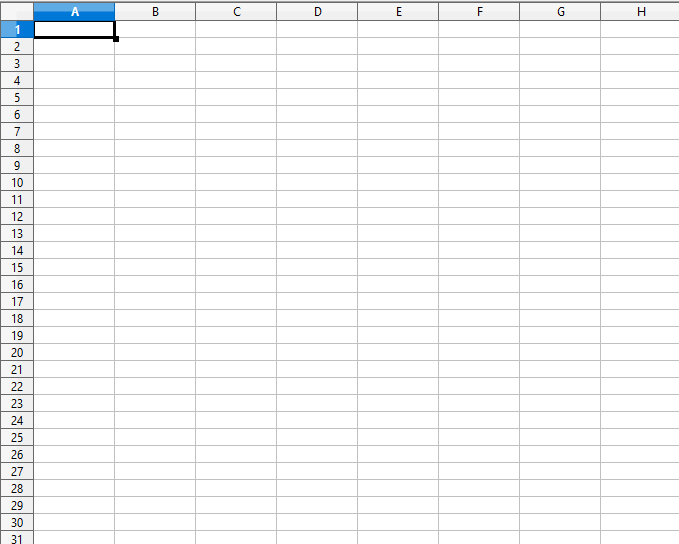 The world is full of interesting interactions that we are only beginning to understand as the technology enhancement of our senses increases. Using Sir Isaac Newton as an example, one day he was sitting under an apple tree and got hit with one. Some say it was in the head, but I prefer the alternate storyline of it hitting him in the crotch while he was sitting down.
The world is full of interesting interactions that we are only beginning to understand as the technology enhancement of our senses increases. Using Sir Isaac Newton as an example, one day he was sitting under an apple tree and got hit with one. Some say it was in the head, but I prefer the alternate storyline of it hitting him in the crotch while he was sitting down.
Either way, he figured out the basics of gravity because of an apple interrupting Newton’s moment, and also because Newton was lacking in common sense. I imagine most people of his period knew not to sit under a bearing fruit tree. Gravity was implicit in a lot of things back then, but what Newton did through his cerebral or testicular fortitude was formalize it so the rest of us could talk about it, write about it, and yes, even complain about it. Gravity suddenly became a factor in what we now call ‘Science’ today.
So we stuck it in our spreadsheet of life as one of the things we had to account for. Really, the ‘spreadsheet’ is just a good metaphor for this sort of thing because most people know them, even if they are baffled by how to use them. Things are in tidy rows and columns, something we inherited from our perception of the world. The world, though, is not tidy, and is full of things we don’t know.
The Unstable Hill
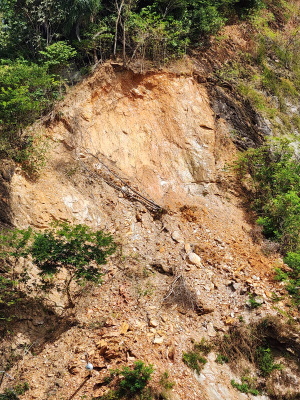 Recently, there was a landslip behind where I live. It was a sudden thing it seemed, yet it was the culmination of years – perhaps even decades. Of course, some people wanted to attribute it to one single thing, but there are a whole lot of factors involved. I’ve spent an inordinate amount of time studying it as I wait for more for it to come down.
Recently, there was a landslip behind where I live. It was a sudden thing it seemed, yet it was the culmination of years – perhaps even decades. Of course, some people wanted to attribute it to one single thing, but there are a whole lot of factors involved. I’ve spent an inordinate amount of time studying it as I wait for more for it to come down.
First, there’s the underlying rock which could have been fractured by quarrying decades ago. Then, there’s the flora – the trees dropping deep roots into wherever they can fit, seeking nutrients and water for the trees. Then there’s the rainfall, which was pretty high when it happened. It’s not a simple thing with a singular simple cause. It’s a spreadsheet of factors which I’ve only teased at here.
And why hasn’t the rest fallen yet? The elasticity of the interwoven roots of the flora at the top, possibly some tap roots further in, maybe it hasn’t been windy enough, maybe there hasn’t been enough rain – but anyone who looks at it can see it’s pretty unstable.
When we get into the human side of things, with land ownership and who is responsibility, insurance claims and trying to rebuild a fence there, all of that has to be taken into account. There are so many factors that even if one had a spreadsheet to stick it all in, there would be things missing, things that mattered more than other things… and yet, one of the more important factors would be time, because factors vary with time. We could keep track of that on different worksheets and say each worksheet represented a slice of time, or we could throw time in the worksheet with all the data at intervals in it.
The worksheet representing an interval in time I find most helpful in visualizing. You can imagine this huge matrix of information changing in the worksheets stacked on each other, and more worksheets being added all the time. This landslip, a relatively simple thing, suddenly becomes a study in complexity, of data purposed to become information.
We’re More Complicated.
Our bodies are these organic machinations powered by grey matter that we’re still only really beginning to understand. We break it up into specialties so that Doctors can specialize in different parts of our bodies, since to know them all and be good at it would take a lifetime at least. By the time you learn it all, you’d plop down dead and the next generation would have to start all over again. This may change with technology, but for now this is the way it is.
Our psychology, which sits somewhere on top of this mass of physiology, is something we’re still trying to figure out as well. Ask about the number of psychological attributes a single person has, we get answers ranging from 4,000 to 3, with the present popular view being 5. Then we get into the really messy stuff when all these attributes interact with another person with the same number of attributes. Imagine two spreadsheets having a fistfight. Or making love. Or just trying to get by understanding all of this while being driven by narratives.
It seems impossible to track all of this data. But we cheat. When we see someone who demonstrates some factors we’re familiar with, we draw upon previous experience – for better or worse. This has become the dirty word we call prejudice. It is also why cats are not pleased by cucumbers. Some say it’s a fear of snakes, but given that the reaction time of the average cat is 20 milliseconds faster than that of a snake, I think the idea that they see the snake as a threat to their food supply and, like most creatures, they don’t like being startled.
The point being – even the household feline has prejudices that are shortcuts based on evolution. If you don’t jump when startled, something might eat you. And that’s just one factor.
So Much More.
I’ll be referring back to this since I’ve found the spreadsheet such an easy way to explain the idea to people, it’s easy for most to visualize, and it’s not as intimidating as what I started thinking about decades ago. A spreadsheet is a user friendly matrix whose math isn’t defined by mathematicians.
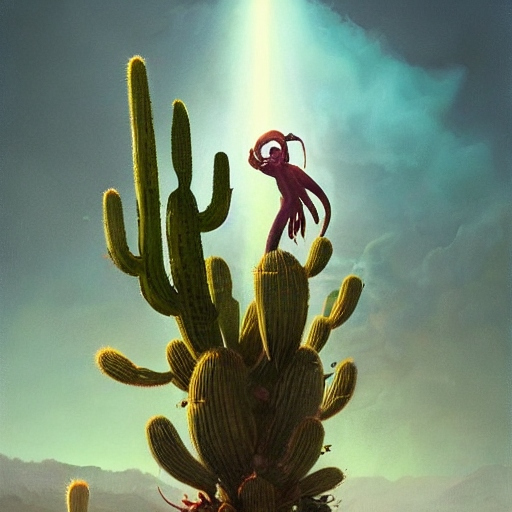 I have a cactus on the floor of beige tiles outside my condo, overlooking a valley of human encroachment into the hillsides. It’s not a pretty plant. It once was, or at least I thought it was when I got it.
I have a cactus on the floor of beige tiles outside my condo, overlooking a valley of human encroachment into the hillsides. It’s not a pretty plant. It once was, or at least I thought it was when I got it.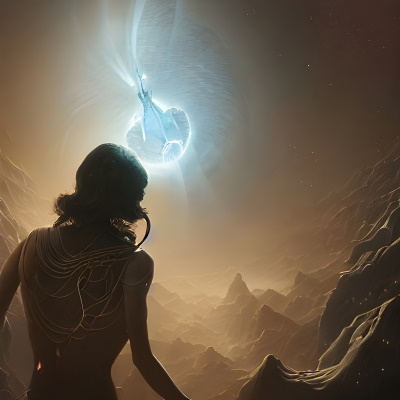 What if we’re all parts of one organism we call humanity? Like cells, but not. We’ve even managed to grow a nervous system which you’re using to read this now. Everyone wants to be the brain, and we like to speculate about things like collective intelligence when more often than not we see collective stupidity. There’s a reason that
What if we’re all parts of one organism we call humanity? Like cells, but not. We’ve even managed to grow a nervous system which you’re using to read this now. Everyone wants to be the brain, and we like to speculate about things like collective intelligence when more often than not we see collective stupidity. There’s a reason that  Alone, a single bit in a computer means nothing. It lacks context. It could be ‘1’ or ‘0’, there’s nothing in between unless we shave time so small we wouldn’t notice it with all but the most sensitive of instruments that we may not have built yet.
Alone, a single bit in a computer means nothing. It lacks context. It could be ‘1’ or ‘0’, there’s nothing in between unless we shave time so small we wouldn’t notice it with all but the most sensitive of instruments that we may not have built yet. A sole creature sat on a lightly luminescent purple tree-ish structure, staring into the nothingness of a clear sky. Or so it seemed.
A sole creature sat on a lightly luminescent purple tree-ish structure, staring into the nothingness of a clear sky. Or so it seemed. A decade or so ago, I went for a Sunday breakfast at a place in New Smyrna Beach known for big portions of breakfasts. After the 8 mile hikes I was doing at the beach with dawn as my companion on one shoulder or the next, I’d change into a comfortable t-shirt and shorts with flip flops to beat the Church crowd.
A decade or so ago, I went for a Sunday breakfast at a place in New Smyrna Beach known for big portions of breakfasts. After the 8 mile hikes I was doing at the beach with dawn as my companion on one shoulder or the next, I’d change into a comfortable t-shirt and shorts with flip flops to beat the Church crowd.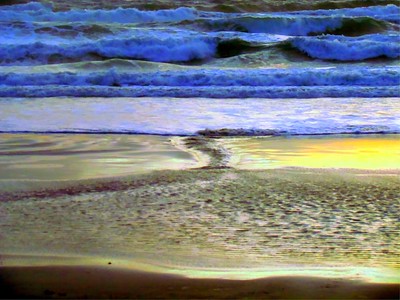 When I woke up, it had the feel of a Saturday.
When I woke up, it had the feel of a Saturday.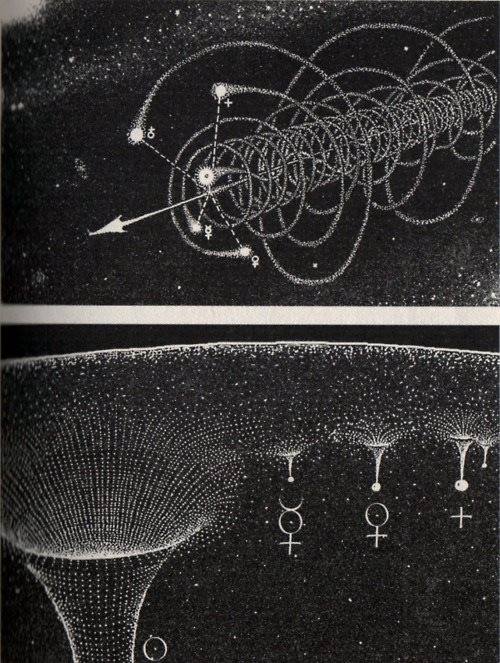 We believe we’re somewhere we’re not because we already left.
We believe we’re somewhere we’re not because we already left. This is almost true, and there is a tyranny to it that most people won’t recognize.
This is almost true, and there is a tyranny to it that most people won’t recognize.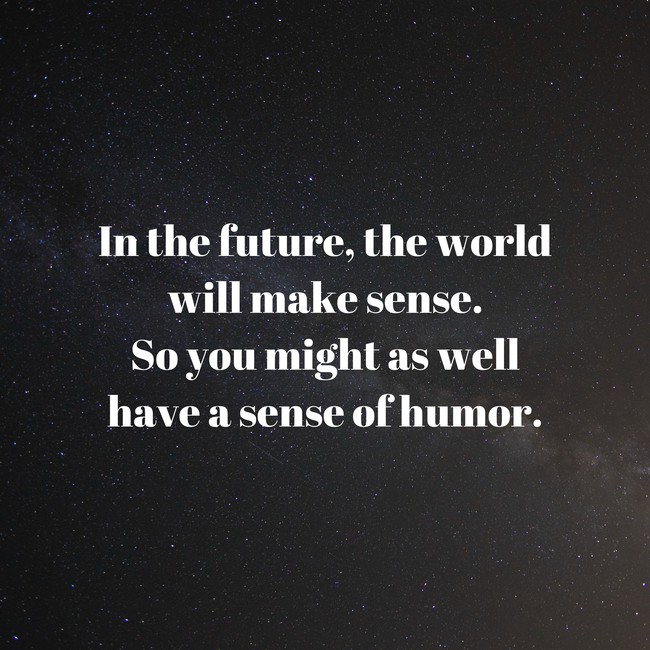 Obligations are their own tyranny, or can be. I felt obligated to do many things in my life that I was not obligated to do, and, conversely, I neglected obligations I didn’t recognize as obligations. We all do, if we’re honest and live long enough to recognize it.
Obligations are their own tyranny, or can be. I felt obligated to do many things in my life that I was not obligated to do, and, conversely, I neglected obligations I didn’t recognize as obligations. We all do, if we’re honest and live long enough to recognize it.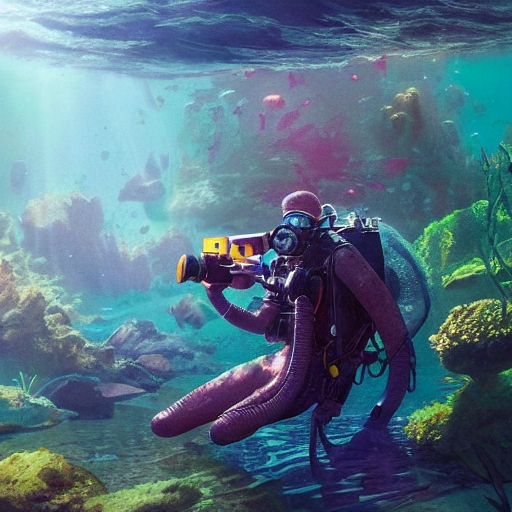 I never did become an oceanographer, but I got to dive and see stuff that other people had already cataloged. My dream of being an oceanographer was to be like Jacques Cousteau and explore new places, discover new things, and experience a world unknown. I would have been disappointed because the path to get there just so long that by the time I got there I would have found the ocean less a mystery, and it was the fact that it was a mystery for so many that prompted that dream.
I never did become an oceanographer, but I got to dive and see stuff that other people had already cataloged. My dream of being an oceanographer was to be like Jacques Cousteau and explore new places, discover new things, and experience a world unknown. I would have been disappointed because the path to get there just so long that by the time I got there I would have found the ocean less a mystery, and it was the fact that it was a mystery for so many that prompted that dream. The world is full of interesting interactions that we are only beginning to understand as the technology enhancement of our senses increases. Using Sir Isaac Newton as an example, one day he was sitting under an apple tree and got hit with one. Some say it was in the head, but I prefer the alternate storyline of it hitting him in the crotch while he was sitting down.
The world is full of interesting interactions that we are only beginning to understand as the technology enhancement of our senses increases. Using Sir Isaac Newton as an example, one day he was sitting under an apple tree and got hit with one. Some say it was in the head, but I prefer the alternate storyline of it hitting him in the crotch while he was sitting down. Recently, there was a landslip behind where I live. It was a sudden thing it seemed, yet it was the culmination of years – perhaps even decades. Of course, some people wanted to attribute it to one single thing, but there are a whole lot of factors involved. I’ve spent an inordinate amount of time studying it as I wait for more for it to come down.
Recently, there was a landslip behind where I live. It was a sudden thing it seemed, yet it was the culmination of years – perhaps even decades. Of course, some people wanted to attribute it to one single thing, but there are a whole lot of factors involved. I’ve spent an inordinate amount of time studying it as I wait for more for it to come down.